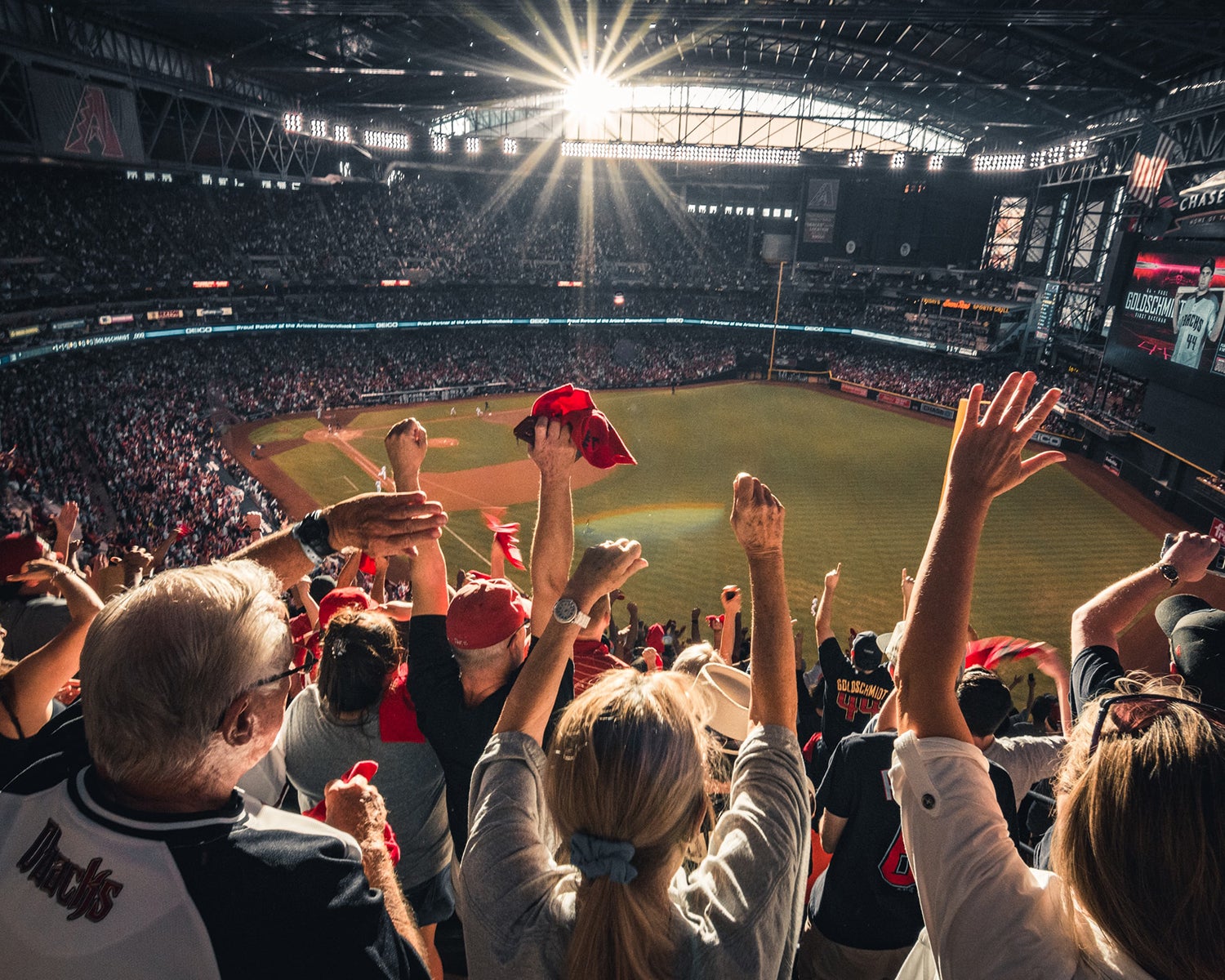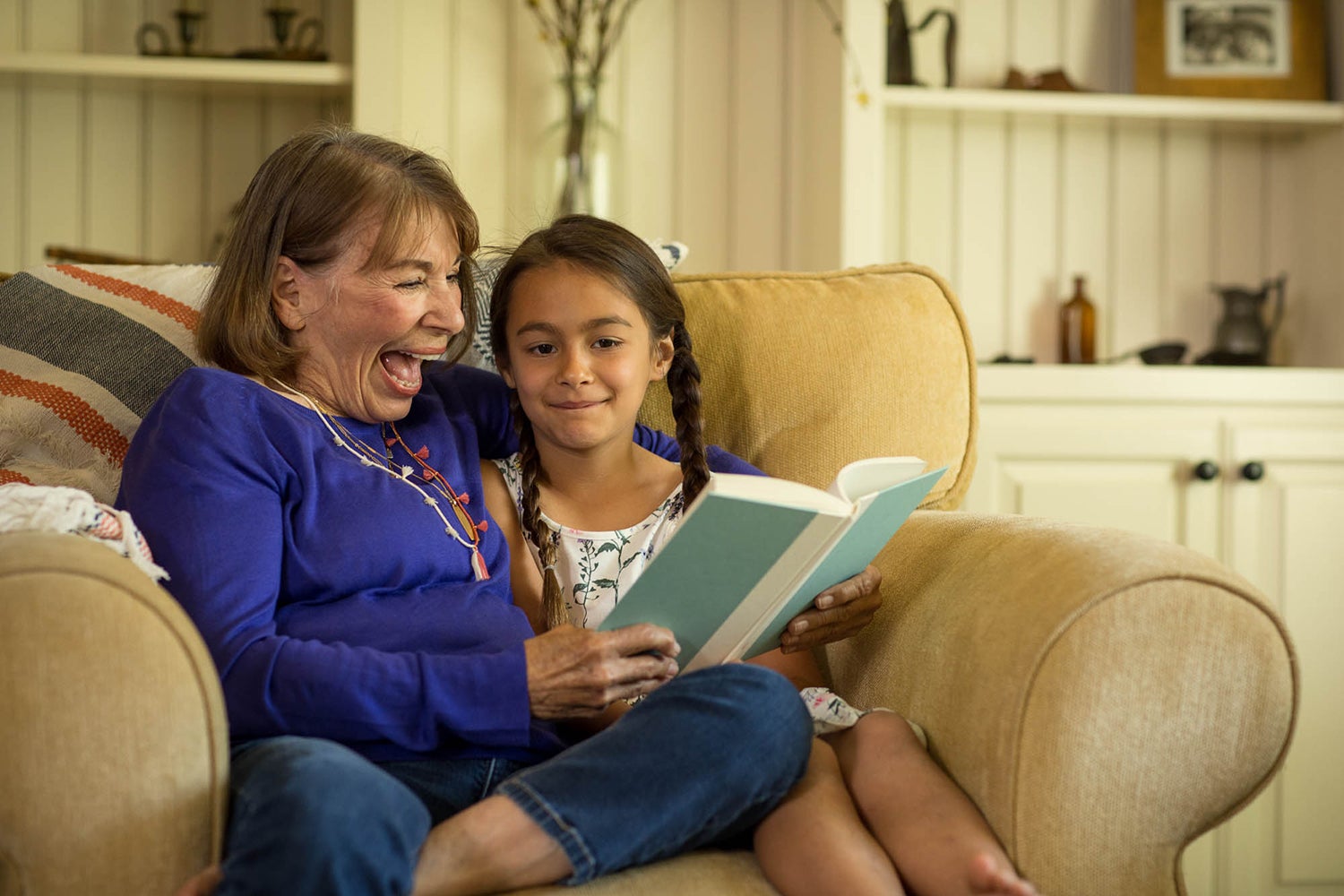October 26, I’m watching my beloved Oregon Ducks struggle against a good Washington State, but this game shouldn’t be so close. In the last minute and a half, Washington St marches down the field and scores, and goes up by one. I’m apoplectic. If I were to take my blood pressure the machine would likely explode. The Ducks get the ball back. They in turn march down the field. On what’s going to be the last play of the game, they line up for a field goal. I can’t look, our kicker is a true freshman who has not been very good. I have to look; I can’t look; I have to look; I can’t look. I’m about to explode so I look. It’s up, and it’s good!!! I leap out of my chair, shouting yes (and further traumatizing my dog, who has long ago fled to another part of our house), collapse in my chair, adrenalin coursing through me and slowly subsiding. This is, I know, very, very bad stress management.
In an earlier post (the one discussing two of the six “cogwheels” of brain health, stress management and sleep/rest), I was pretty clear that I am not a very good stress manager. I was better when I was younger and working, where decent stress management was a survival skill. I am inconsistent. Sometimes things get to me and raise my adrenalin level, other times I can shrug them off. When I watch sports alone, specifically the teams I care about, I do a terrible job of managing my stress, and given the teams I root for, there are a lot of opportunities for stressing out while watching them. I understand poor stress management is more problematic for me, an older adult. However, I have found that I am much less stressed when I am watching a favorite team when I am watching with friends. The social interactions between me and my friends alleviate the tension and/or frustration I experience when I watch sports, the news, a scary movie, whatever.
It’s a combination I hadn’t put together when I was studying gerontology: positive social interaction as an immediate counter to stress, and therefore a stress management tool.
Watching sports with friends
I have been a New York Giant football fan since I was 10. That’s 63 years of a roller coaster of emotions – some ups, but more downs. For the better part of 20 years, I’ve seen the good, the bad, and the ugly of Giants football with two long-time friends. Watching with them is very different than watching by myself. When I’m with them, being part of a mini- community of Giant fans, I often get frustrated, but rarely stressed out.
During commercials and timeouts, we talk about other things going on in our lives and in the world. Although we are pretty different from one another, we have common values and shared cultural experiences. When I watch with them, I have the opportunity to share the occasional highs and frequent lows, but also to enjoy the company of two people with whom I really like spending time.
Someone once said, and I believe it, that sports are the toy department of life. The results may upset or exhilarate a teams’ fans, but it doesn’t matter. World peace, Brexit, the next election cycle – none of these are impacted. So, given that it doesn’t make a difference in those things that affect our day to day lives and the future of our planet, why does it matter so much to me?
Why, when one of my teams (the Giants, the Blazers, the Yankees, the Oregon Ducks) loses do I wake up in the middle of the night, distraught, replaying in my head the instances where things went wrong (please note that I have omitted the New York Knicks from this discussion- if I let them get to me like my other teams, I’d have stroked out by now). It’s the total lack of control over the outcome that spikes my stress levels and impedes my ability to manage stress.
In my life, as I think many of us who are into our third age (the age we enter when we depart middle age), we have tried to control as much of what goes on in our lives as is reasonable. As we age, we try as best we can to control the aging process by doing what we can to maintain our physical and mental well-being, our strength, and our mental acuity so that we can age well, enjoy the time we have left with family, friends and our community.
Positive social engagement
We don’t have complete control, we know we can’t, but we have some control-we can eat well, move or exercise, get enough sleep, and engage in activities that stimulate our brain, and if we do all of that, we can manage our stress levels as long as we don’t watch sports the way I do. One thing over which we have absolutely no control is who wins a game in any sport. That’s totally up to the performance of the team in team sports or the individual in tennis, golf, bowling etc. We can’t control the outcome at all, no matter what. So, if we’re fans, we suffer, we stress out and hopefully we have the good sense to watch our teams play with people we care about, when the relationships can come to the forefront. Yes, I agonize during the game, but being among friends and/or family, there is another aspect to watching wthat has the effect of chilling me out. I can generalize this to say that there is a big-time connection between stress management and positive social engagement (spending time with people who care about us and whom we care about).
Now, if the Giants only didn’t suck so much….
– Edward from McMinnville, Oregon, a FAR customer who is finding purpose in this new stage of his life.

Edward
Edward writes for FAR and is also a customer. He is 73-year-old, born and raised in and around New York City. After college and a little graduate school, he took Horace Greeley’s advice and went west. Edward lived in several cities throughout California and currently resides in Oregon. He practiced law for a few years as part of a law collective doing what they called “people’s law,” but spent most of his career working as an internal organizer for the unions.
When Edward’s career ended with the unions, he was determined to become an advocate for older adults. He enrolled at Portland Community College studying Gerontology. He learned a lot about aging and how it applied to his own life experiences and my own aging process. Much of Edward’s writing is related to what he learned in his Gerontology studies.
* The opinions expressed in this article are those of the authors. They do not necessarily reflect the opinions or views of the Finance of America Reverse (LLC).
This article is intended for general informational and educational purposes only, and should not be construed as financial or tax advice. For more information about whether a reverse mortgage may be right for you, you should consult an independent financial advisor. For tax advice, please consult a tax professional.















I WANT TO KEEP UP TO DATE ON RETIREMENT TRENDS
Follow Us.